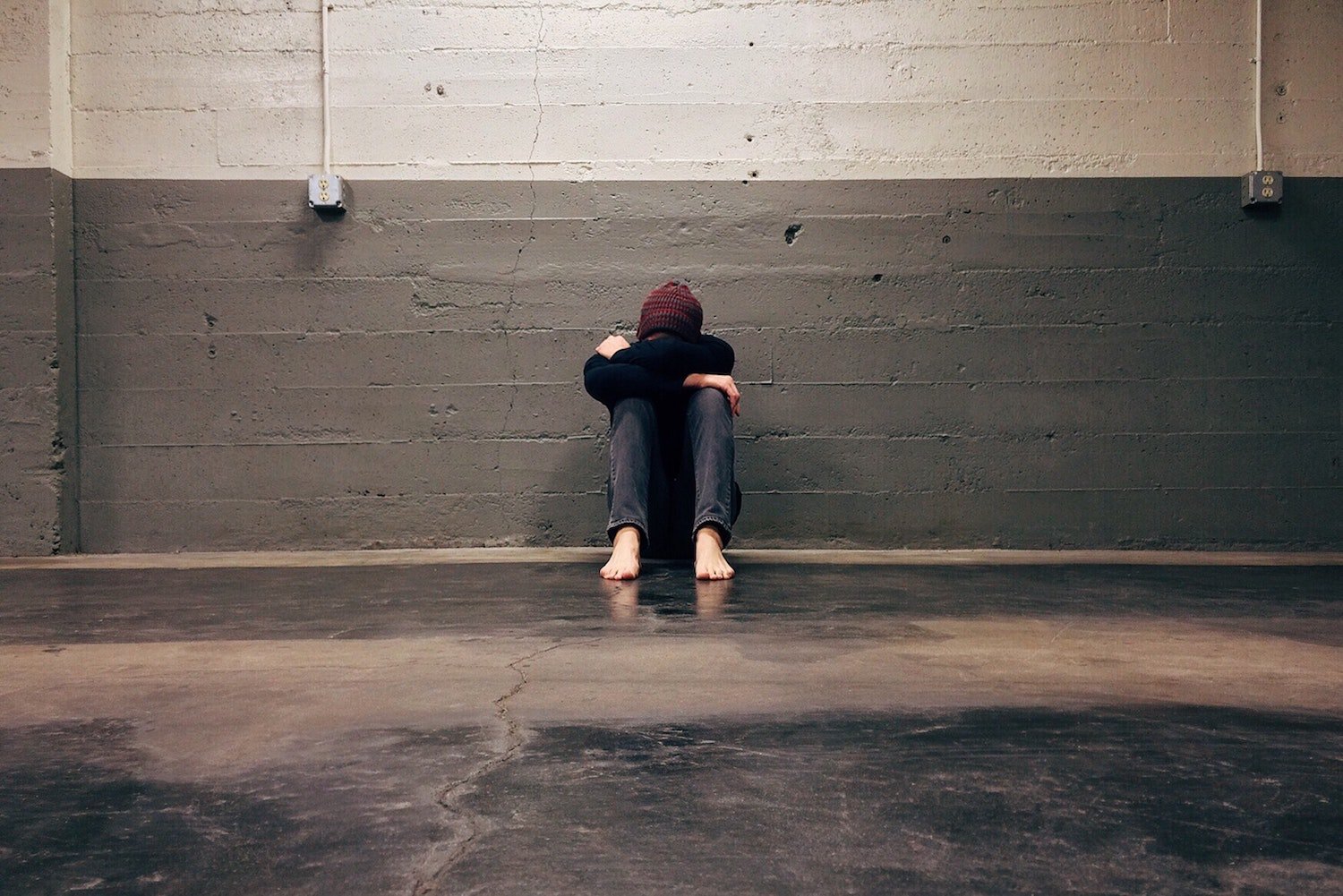Sadness is a natural part of the human range of emotions. But if these feelings become persistent or oppressive, and disrupt your daily life, they may be a sign of depression.
We’ve all experienced sad days when we’ve felt frustrated or defeated.
Depression is a common medical disorder affecting over 264 million people worldwide. It can cause symptoms that interfere with everyday life, from the way you think and feel to your eating habits.
Though there’s a lot of information online about depression, it’s important to note that only mental health professionals should diagnose this disorder. Certified therapists are trained to help those with mild to severe depression, and can help you evaluate your options and create a tailored plan to support you on your journey towards healing.
Article Content:
- Symptoms
- Common Causes
- How Can Therapy Help with My Symptoms?
- How Do I Talk to My Therapist About Depression?
- Types of Depression Help Available
- Trust and Confidentiality Are Key
- Finding Safe, High-quality Treatment
Symptoms
How do I know if I have depression?
This is a common question for people experiencing depression symptoms. It is a complex medical condition involving multiple interacting factors. Speaking with a therapist allows you to determine whether depression is in fact the cause of your symptoms.
These symptoms differ from person to person and can vary in length and severity. They can include:
- Prolonged feelings of sadness or emptiness
- Feelings of worthlessness or guilt
- Difficulty concentrating
- Trouble sleeping
- Restlessness and agitation
- Weight loss or gain
- Fatigue
- Anxiety
You might feel unsure about whether what you’re experiencing is depression, or if you’re just going through a temporary period of the blues. Grief and depression do share similar symptoms, making it difficult to differentiate between the two. Because of the complex nature of depression, it is not recommended to self-diagnose – as tempting as that may sound. A trained mental health therapist can help you pinpoint the cause of your symptoms.
Common Causes
There’s rarely a single cause, in most cases, depression is the result of a mix of factors, which can include:
- Genetics
- Biology
- Chronic medical conditions
- Trauma
- Grief
- Stressful life events
- Medication or substance abuse
How Can Therapy Help with My Symptoms?
A specialized therapist can help you navigate and manage depression. Therapy sessions offer a chance to talk about how you’re feeling, uncover the causes of your shifts in mood and access strategies for managing symptoms. Gaining a better understanding of yourself not only helps you understand and overcome depression symptoms, it’s an empowering process in and of itself.
How Do I Talk to My Therapist About Depression?
Finding a therapist you feel comfortable with, and cultivating that relationship, makes a big difference in treatment.
Before speaking with a therapist, you might have some ideas about who you’re looking for: are you more comfortable speaking to a man or a woman; someone around your age or older? These are some factors to take into consideration when choosing a therapist, to ensure you find the best possible fit.
Opening up to your therapist can be difficult – but don’t worry, your therapist is experienced at this and will guide the conversation. You might cover topics like:
- What’s bothering you – worries at work, daily frustration, causes of anxiety
- Your relationships – the important people in your life, your daily interactions, how you feel around others
- Life experiences – past or recent events, how they made you feel
Ayadi’s therapists are trained to listen with an empathetic ear, creating a safe, nonjudgmental space where you’re free to express yourself.
Types of Help Available
There are different types of psychotherapy for depression, all of which can be effective. You might prefer one over the others – your therapist can help you decide which is best for you. Some examples are:
Cognitive Behavioral Therapy (CBT)
This talk therapy is based on the understanding that your thoughts, feelings and actions are connected. CBT with the right therapist can transform the way you think and behave.
Interpersonal Therapy
This therapy focuses on resolving interpersonal issues, addressing your interactions with others while examining social roles.
Dialectical Behavior Therapy (DBT)
A type of CBT, this therapy aims to teach you the skills you need to cope with stress and regulate your emotions.
There are many more treatment options for depression in addition to these. Understanding what’s available to you will help you discover which approach resonates most.
Trust and Confidentiality Are Key
It’s important for there to be trust between patients and therapists discussing depression. Protocols such as HIPAA (the US Health Insurance Portability and Accountability Act) protect your data and keep your information safe. On top of this, certified mental health therapists must adhere to high standards of client confidentiality in practice, keeping your information safe.
Finding Safe, High-quality Treatment
Through times of isolation and anxiety, it’s normal for feelings of depression to start appearing. Or, you may have already been experiencing symptoms of depression before strict social distancing and lockdown measures were enforced, and you’re concerned about being able to reach a therapist.
Ayadi allows you to easily connect with professional therapists who specialize in treatment through an app-based platform. This means you can access effective therapy from the comfort of your own home, at any time.
Download the Ayadi app today to speak with a therapist about treatment for depression, and take the first step towards feeling well!

